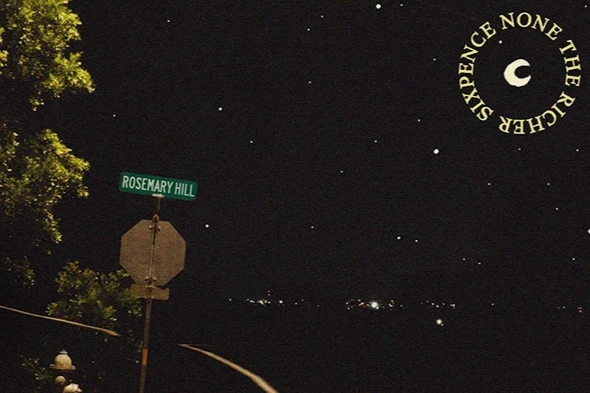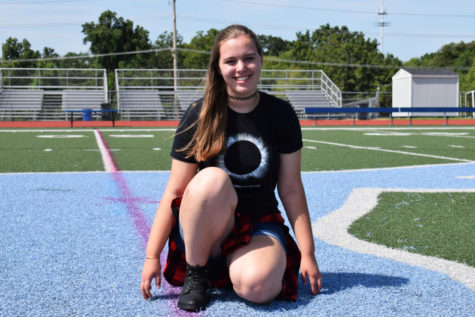Disclaimer: What follows are specific plot details of “The Forest.” The review contains spoilers regarding the movie. Do not read this review if you have not watched the movie yet, and wish to in the future.
I saw this movie, so now nobody else has to suffer through it. Sure, the popcorn and soda were great, and it was nice to be with friends, but other than that, the whole trip to see The Forest was a complete waste.
First off, the plot is too predictable. Two twin sisters, Sara and Jess (both played by Natalie Dormer), have a sixth sense that tells when one another is alive. When Jess goes missing in the suicide forest, Sara goes on a hunt since her super sense tells her that Jess is still alive. Sara meets a journalist named Rob (Eoin Macken) along the way, and sure enough, they both get lost in the forest. The storyline is cliche, and fans will be able to know exactly when the cheesy pop-outs will come.
The writing was terrible overall, and all the lines seemed unrealistic. All the “deep,” meaningful moments seemed forced and cheesy. I’ll give it to the writers that the storyline is creative, but there is a deeper problem that really sickens me about this movie.
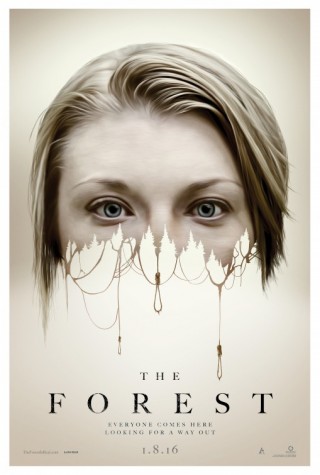
The whole idea of the story is incredibly disrespectful to victims of suicide, especially those who died in the “Suicide Forest,” its real name being Aokigahara. The movie is set in the Aokigahara forest, known as “the most beautiful place to die” by those who visit it, making it the second most popular place in the world to commit suicide.
Instead of creating a different forest for the movie, they decide to base it off a real forest where real people have died. I went into the movie hoping somehow the movie would end in a way that respected the victims in a way the spirits would rest in peace. Instead, the movie portrayed suicide victims as psychopathic killers, while in reality, people with mental illnesses are not malicious villains. They are just people like anyone else. This movie only adds to the stigma that hurts people with mental illnesses.
Each year, over 100 lives are lost in Aokigahara forest, according to a story by VICE. It hurts me to think of them as individuals: people with families and dreams who had beating hearts. These people are more than a statistic. These people are more than a plot device in a horror movie. These people should be honored for the beautiful moments from when they were alive, not dehumanized and seen as evil spirits trying to kill off white Americans.
Speaking of which, the other problem that bugs me is how whitewashed the movie is. According to the World Health Organization, Japan’s suicide rate is twice the rate in America, and yet, the suicidal main characters are white Americans. The movie could even be seen as racist, as all the angry suicidal spirits are Japanese while all the “good guys” are white with the exception of a Japanese tour guide, who leaves early on in the film.
Now, this is not to say I expect movies to be realistic all the time, but with such a touchy topic, the movie could have been more accurate. However, with the bad plot on top of a ridiculously offensive story, it is just a bad film altogether.
The Parkway West Pathfinder gives The Forest: 2/10.


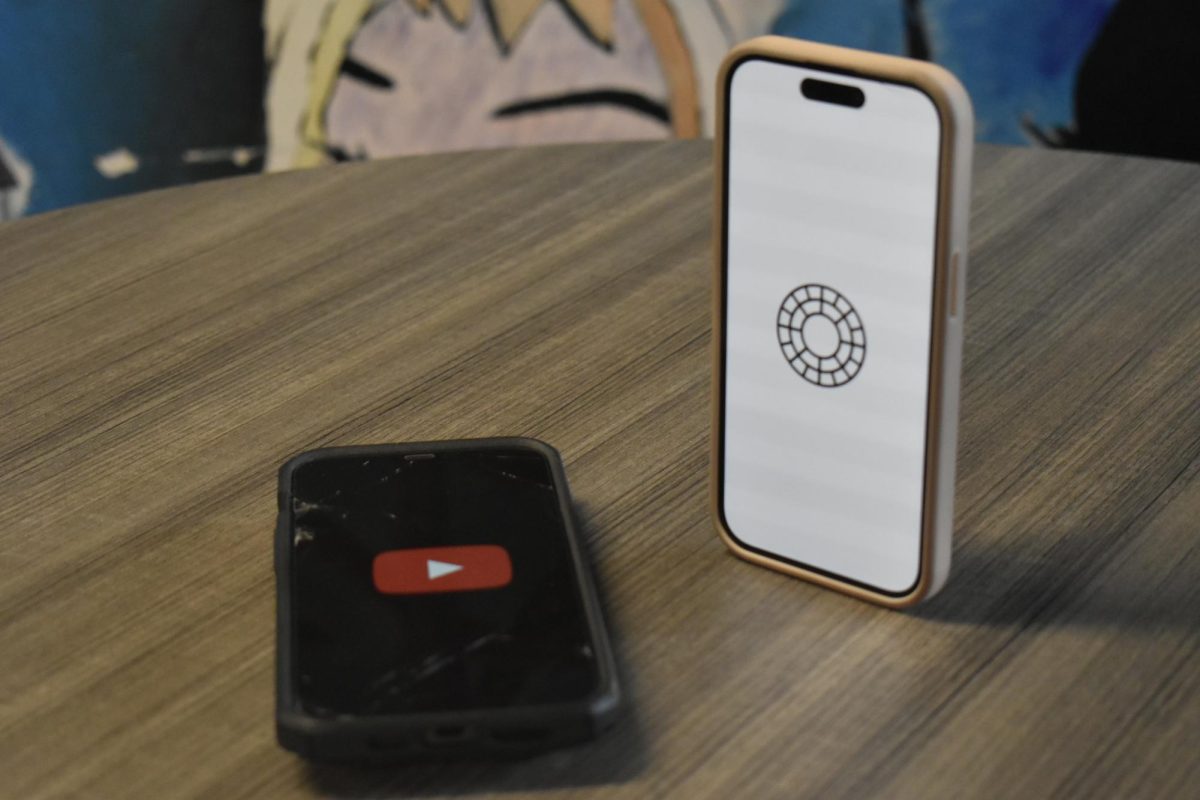
![There are more than 20 open cardio machines at Crunch Fitness. I enjoyed the spacious environment at Crunch, a sentiment that was shared by sophomore Sanjana Daggubati. “[Going to] Crunch Fitness was the right decision because [it] feels more professional. Crunch’s workers are laid back, but not to the point where they don't care,” Daggubati said.](https://pwestpathfinder.com/wp-content/uploads/2025/09/IMG_5242-1-1200x900.jpg)

![Various empty Kit Kat wrappers crowd the desk, surrounded by scoring sheets. While production of Kit Kat flavors in the U.S. is limited, Nestlé, the owner of Kit Kat, manufactures hundreds of unique flavors in Japan, including the flavors ocean salt and passion fruit. “I thought there [were] some interesting flavors, and a lot of them were really unexpected,” senior Elle Levesque said.](https://pwestpathfinder.com/wp-content/uploads/2025/09/image-2.png)

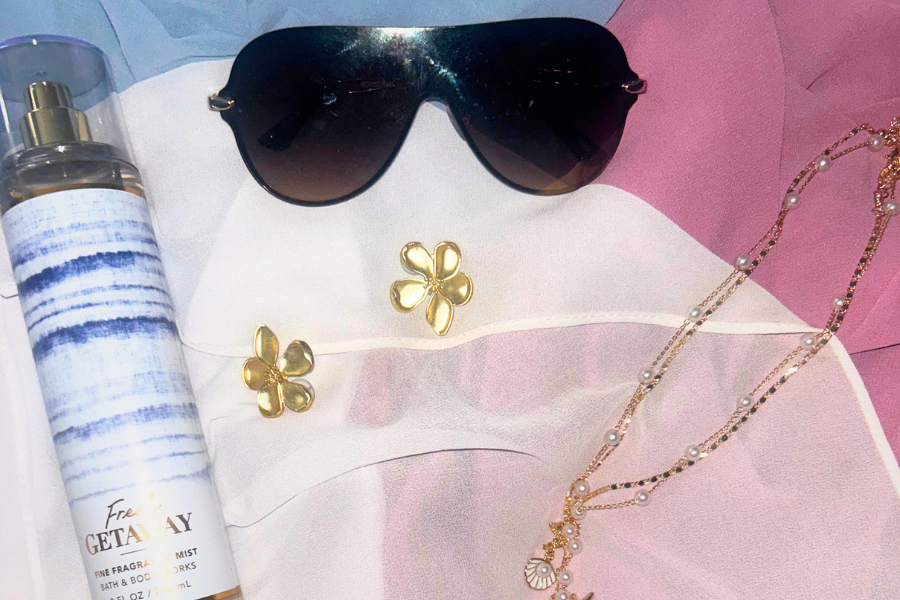
![Pantone’s selection of the 2025 Color of the Year is revealed: Mocha Mousse. Ceramics teacher Ashley Drissell enjoys this year’s selection. “Maybe it’s the name but [Mocha Mousse] reminds me of chocolate and coffee. It makes me hungry. It’s very rich and decadent,” Drissell said.](https://pwestpathfinder.com/wp-content/uploads/2025/02/DSC_0015-1200x800.jpg)

